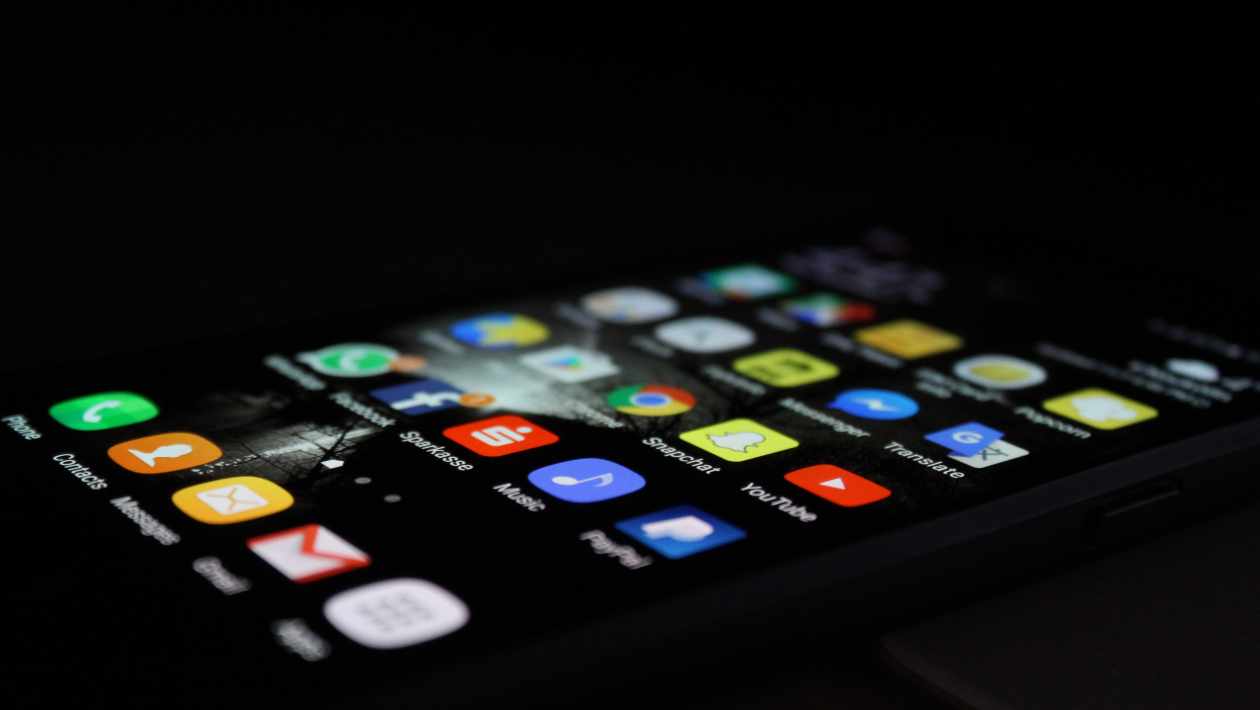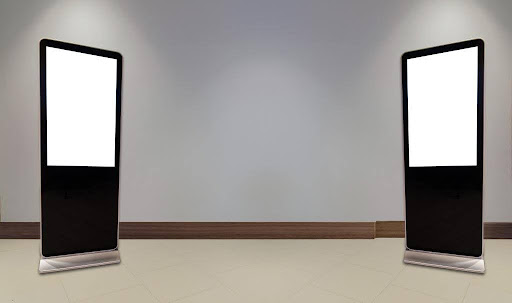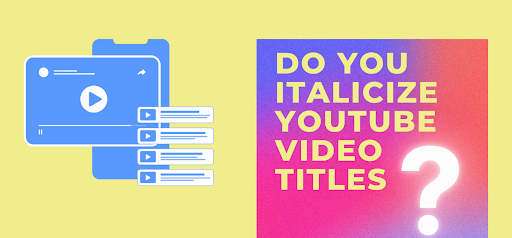A new social media platform follows a daring ambition – to create a healthier experience online.
The founder, a Detroit-based entrepreneur Ziarekenya Smith suffered anxiety and depression for a long time. When fighting these conditions, he strongly desired to share his feelings online, but something stopped him inside.
He felt the audience doesn’t need someone else’s pains. “The unwritten rules of society are that if life isn’t perfect, you don’t talk about it,” said Smith in his interview with TechCrunch.
Smith realized that society needed a social media platform to encourage people to share their emotions and thoughts and developed his idea into a business plan.
Table of Contents
Inpathy – a platform for bad news?
The success of Smith’s undertaking is rooted in the flaws of the current social platforms.
The present-day social media communication model is one-sided. People share mostly the flattering moments of their lives online, even if such are far from their everyday reality. This drives the wave of self-comparison and frustration, which have a deep impact on the life of society, up to the emergence of new psychological disorders.
The Journal of the American Medical Association reports that people started suffering from a new disorder, which they identified as “Snapchat dysmorphia.” It refers to people, usually young social media users, which seek plastic surgeries to make themselves look like their filtered photos on Snapchat or Instagram.
Inpathy takes the opposite approach.
According to Ziarekenya Smith, social media should give space for the spectrum of human situations: from bad to good and between. If people have personal bad news, are at their lows, and feel they need support, they can post on Inpathy and get heard.
How does it work?
The Inpathy algorithms ask users whether they feel good or bad and share their emotional status with their friends on the network.
A monthly overview of emotional fluctuations shows whether a user is doing good or bad. Based on the status, the system generates personal recommendations to improve well-being. They may be meditation, friendly talk, and sharing feelings with a community.
Inpathy encourages users to share their stories via videos and audio, not images or written text. And there are no filters, of course.
Another thing Inpathy abandons is Follow or Add buttons. According to the creator, this leads to closer communication between users, which have bigger chances of becoming friends if they communicate personally.
Trolls and bullies are banned from Inpathy for life. For the creators, it is very important to nurture a base of users who are building up the courage to share their pains. Any act of trolling or bullying can ruin the subtle beginnings of new experiences.
Why does it matter?
Inpathy’s chief operations officer, Kathryn Young, is a mental health specialist with ten years of experience in the domain. She was strongly impressed when her daughter asked her whether she needed to be beautiful all the time.
Thus, Young understood the whole danger of social media platforms like Instagram, which make children and adults compare their lives with that of influencers and get frustrated with the difference between the picture and the reality.
Thus, Smith and Young aim to propagate a totally new culture of interaction on social media, which involves sharing ugly pictures of our lives as well. According to Smith, “Everyone’s going to have ups and downs, and you can appreciate someone’s rise more if you see the timeline of their up and down; we all love the underdog story.”
A platform for being yourself
As of now, the social media landscape splits into platforms with different thematic directions.
In his interview with TechCrunch, Smith says: “Right now if we look at the social media landscape, we use YouTube for TV, TikTok for shorts, Instagram for photos, Twitter for news and trends, Facebook for entertainment, LinkedIn for business, Headspace for meditation, Tinder for dating. But where do you go for the raw experience and to just be yourself?”
So, the founder’s aim is to create a space to show that being human is normal. Yet, this approach restricts in terms of attracting investors.
The Inpathy platform is not perfect for making money, since the founders don’t want to add commercially convenient features. The start-up won grant money from Melinda Gate’s Headstream Accelerator Program, which supports entrepreneurs who build positive digital places.
Their other sources of financing are crowdfunding and seeking investors.
Summing up
The need for new social media platforms that offer new experiences is present in our society, so there Inpathy social has a good chance of becoming a human-centered tech giant of tomorrow.
In case you have an idea for another social media platform, there are numerous services ready to help you implement the idea technically. For example, a mobile app development services company MLSDev helps start-uppers and SMBs build social media apps and platforms of different thematic directions.





